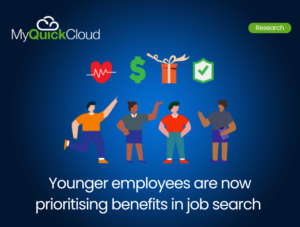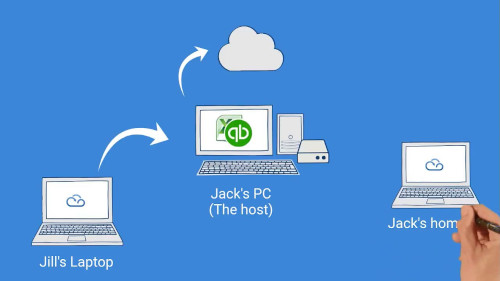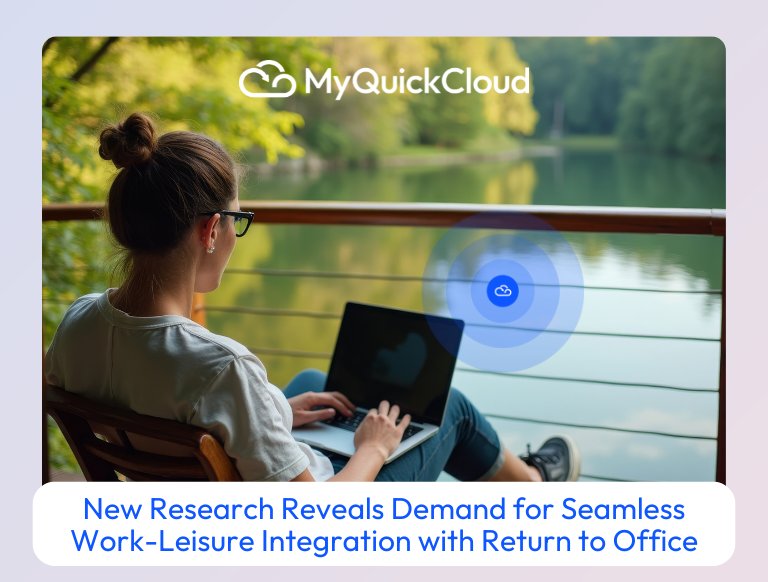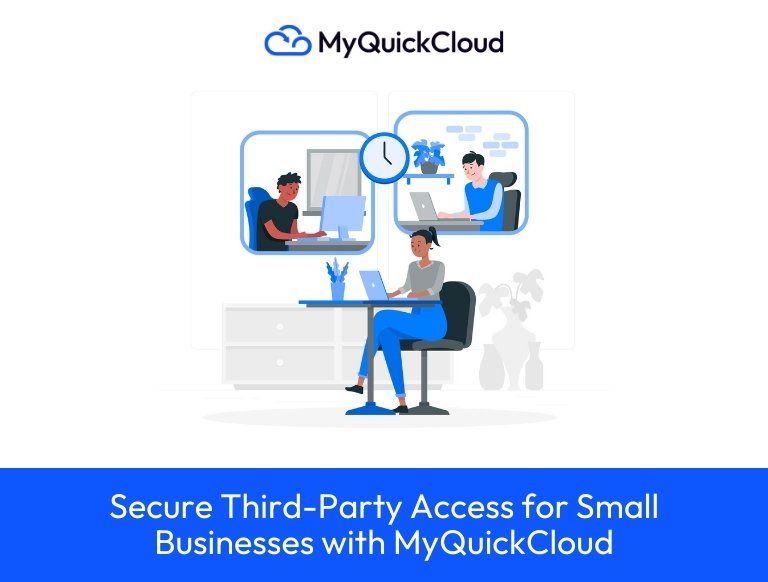Over half or 55 per cent of 18-34 year-olds say that a good benefits package is now the most important thing they look for in employment, compared to 42 per cent of the general workforce, according to research from employee benefits technology platform, Zest.
According to Zest, around 14 per cent of 18–24-year-olds are finding their employee benefits crucial during the cost-of-living period, compared to only 4 per cent among those over 55.
These findings are released as younger employees, continue to struggle financially more than older colleagues as a result of the cost of living crisis. For example, 14% of 18–24-year-olds believe their employee benefits packages provided a lifeline during the cost of living crisis, compared to 4% amongst those aged over 55.
In fact, workplace benefits are now seen as playing such a vital role in providing financial support that two thirds (67%) of younger employees would leave their job if another company offered them a better benefits package – compared to just 37% of employees aged over 55 and the average for all UK employees (54%).
The research demonstrates that employers need to do more to provide financial support through employee benefits packages. Despite 82% of businesses increasing investment in benefits since the pandemic, 45% of employees think that their workplace benefits package is inadequate.
A major factor behind employee dissatisfaction with benefits packages is a lack of engagement and the benefits on offer not being relevant. Although 84% of businesses believe that employees use the full range of benefits available to them – just a third (33%) of employees say they use all the benefits on offer. Two thirds (65%) also say they’d use their benefits more if they were personalised to their needs.
Moreover, younger generations are not afraid to keep moving jobs if it means that their demands can be better met. According to Cushon, one in five (21%) of the 18-24 olds it surveyed this year are already on to at least their fifth job. By 2025 it is predicted that millennials will make up most of the workforce and the number of Gen Z employees is set to rise to about 58% by 2030.
With four in ten (42%) businesses struggling to hire talent, and a third (29%) unable to raise salaries in line with inflation, investing in personalised flexible and targeted benefits could be a cost-effective approach to attract and retain talent businesses need.
Matt Russell, CEO at Zest comments: “Younger employees are much more heavily reliant on their workplace benefits packages than their older colleagues – without these financial benefits, many young people will have struggled to survive the last few months. In the current challenging landscape, it shouldn’t be a surprise that employees are placing greater emphasis on their benefits and employers are driving investment in this area to remain competitive.
“For many businesses, it will be concerning that despite recent investment in benefits, the majority of employees are demanding more from their packages. Many are clearly failing to meet demands – a fact that will only become more apparent as younger generations, who place a greater emphasis on their benefits packages, begin populating the workforce.
“However, it is not simply about the amount invested in packages – employers need to ensure that the benefits on offer are relevant to their workforce, personalised to what they need and communicated clearly at the right time to those most likely to use a specific option. This approach will not only boost engagement with benefits but also offer enhanced value for money for both employer and employee.”
Zest is an employee benefits platform that offers flexible benefits services for a wide range of well-known businesses across the world, including Hargreaves Lansdown, Taylor Wimpey, ADP and Travis Perkins.
The business is currently serving over 700 clients across the UK, as employers increasingly look for ways to improve their offering and stand out against other employers in what is a competitive employee market. The platform provides a more personalised approach to benefits, offering a cost-effective solution to help employers to cater to the demands and needs of an increasingly varied workforce.





